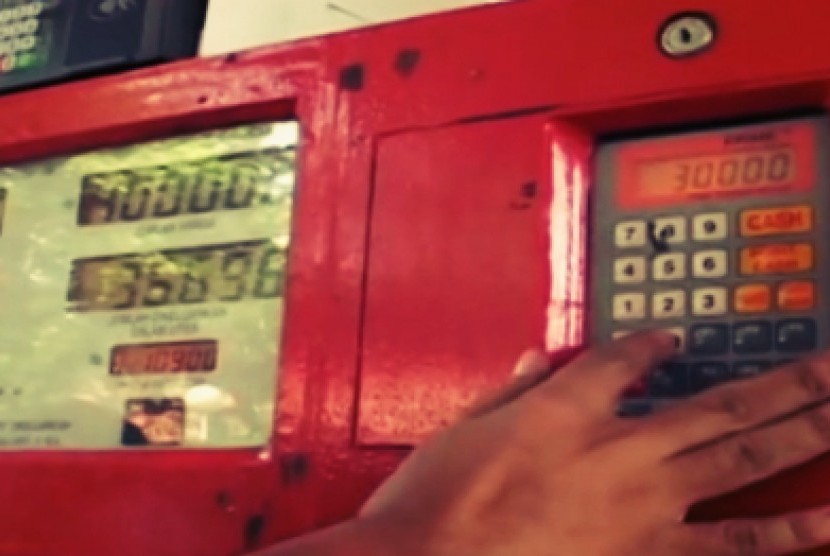REPUBLIKA.CO.ID, JAKARTA -- Indonesia's spending on fuel subsidies might only be half the current budget figure for 2015, the finance minister said, if Southeast Asia's largest economy introduces a fixed subsidy mechanism next year.
In his first major economic policy decision, President Joko "Jokowi" Widodo last month raised subsidised gasoline and diesel prices by more than 30 percent to help fund his reform agenda and tackle the country's budget and current account deficits.
Indonesia currently sets domestic fuel prices below the market price, with the government subsidising the difference. The change would mean Indonesia could avoid ballooning subsidy spending when oil prices increase.
"Next year we will make a fixed subsidy, which will reflect fluctuations in international prices," Finance Minister Bambang Brodjonegoro told reporters on Friday.
In the budget for 2015 proposed by Susilo Bambang Yudhoyono, whose term as president ended in October, spending on fuel subsidies was seen at 276 trillion IDR (22.4 billion USD). In January, President Jokowi is expected to submit proposed 2015 budget revisions to parliament, which is dominated by opposition parties.
The new system of fixed fuel subsidies could slash state spending on these by half to below 140 trillion IDR (11.38 billion USD), Brodjonegoro said. But a proposed subsidy cap of between 1,000 and 2,000 rupiah a liter still needs to be approved by the parliament.
Brodjonegoro said 2014's fuel subsidy bill was expected to fall below this year's budget target of 246 trillion IDR as global fuel prices have fallen, but was still expected to top 200 trillion IDR.
The move to a fixed fuel subsidy could also help narrow Indonesia's current account deficit to between 2 percent and 2.5 percent of gross domestic product (GDP) in 2015, the minister said, from 2.5-3.0 percent previously.


